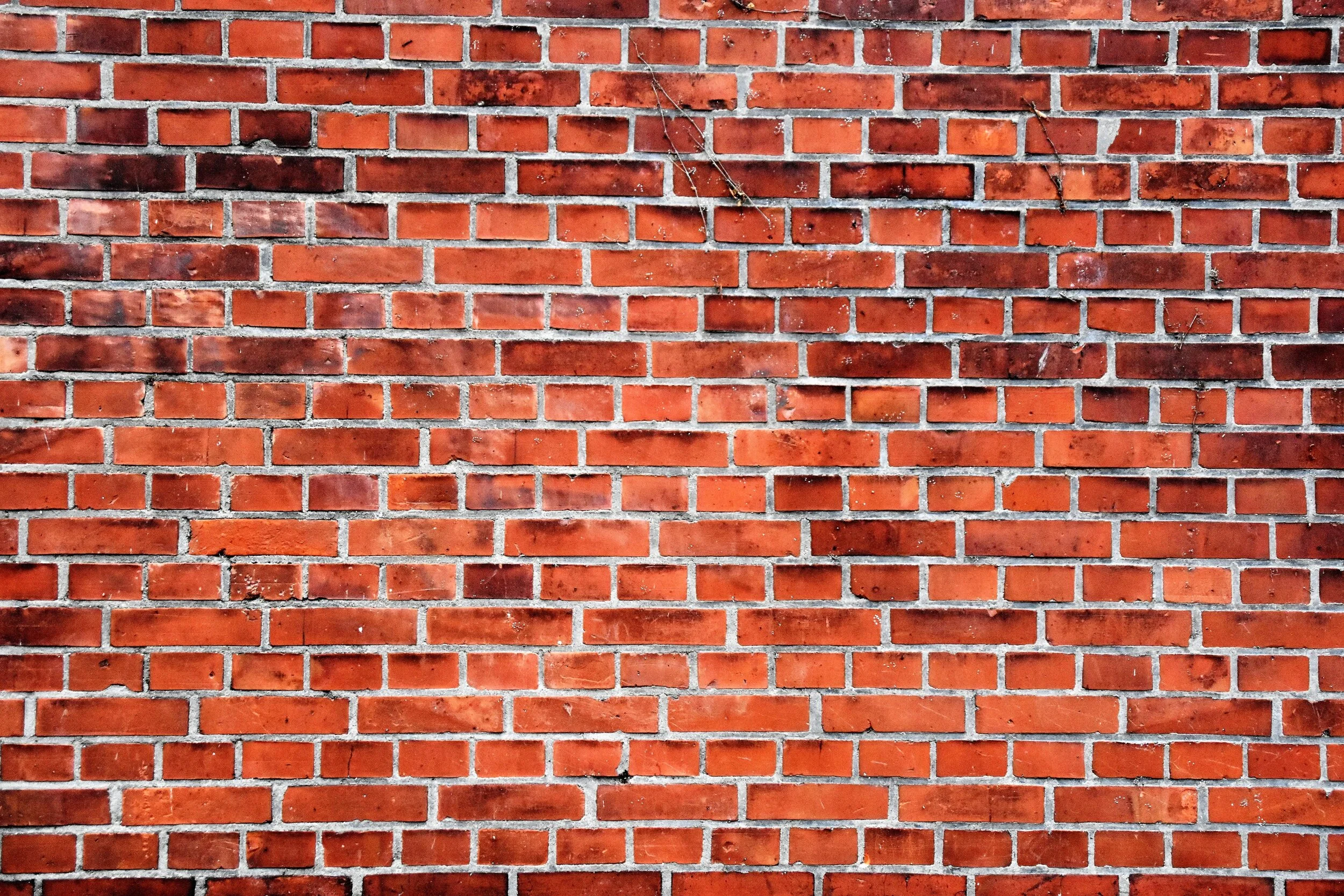
Steal This Post.
It was both familiar pain and unlooked-for pleasure; the results of a reluctant visit to the vintage car repair shop located on the outskirts of the middling-quaint town of Old Saybrook, CT. Of course, the Reductionist would prefer to pretend he had no clue about what was in store, but truth will out: any visit to a mechanic that involves a 1991 Alfa Romeo Spider Veloce is destined for mathematical tragedy.

Predictably, unpredictable.
First there was the stressed-out policing of the property, tying down anything that an 80 mile-per-hour gust could turn ballistic. Then, there was the interior plotting of trajectories involving the intersection of tree limbs, windows, and a household full of potential razor-sharp shards. Finally, there were all those randomly scary “what if’s,” that nailed down point that this was nothing even remotely within our control.

A Musing.
It’s been a week of New York marinating in its own juices; the dew point has been set to maximum sticky and “back of my neck/dirty and gritty” seems more like a snapshot than a song lyric.
Frankly, with The Reductionist’s brain imitating the frying egg in the old-but-still-famous anti-drug spot, I’m hoping you’ll allow me the luxury of a few random skitterings instead of anything coherent. Something along the lines of what’s probably happening right now when the predicted rain lands on the copper top of the Helmsley Building over on Park: splash, sizzle, and dance.

Gravy Planet
Once upon a distant memory, two then-celebrated science fiction writers imagined a Malthusian future where “by the people” governments had been supplanted by “for the shareholders” ad agencies, sales messages screamed from every screen, and brand loyalty was so engrained in the law of the land that that even your morning coffee would come laced by, quoting here, “a mildly addictive alkaloid.”

Between a rock and a soft place.
Lately, it seems the advertising bloviosphere has been even more brimming than usual with sturm, drang, und despair about the state of our less than idealized industry. From comments about the sins of deckchair-shuffling holding companies (legitimate) to anger about the off-on-the-icefloe idiocy of institutional agency ageism (also legitimate) to observations about the threats posed by digital dystopia (not just legitimate, but existential), it’s clear that almost nobody posting on the subject is looking at the world through rose-colored glasses. The shade of choice—babyshit brown.

Friday felicitations.
If Samuel Beckett, playwright savant of all things existential, had it right, the last 14 months should have been Comedy Central. As Nell, his Endgame character, puts it, “Nothing is funnier than unhappiness.” She goes on: “Yes, it’s like the funny story we have heard too often, we still find it funny, but we don’t laugh any more.”

Thanks, Albert Camus.
It’s meteorological summer in Central Park; 17 days from the real “no more teacher’s dirty looks” deal. The dogwood blooms are everywhere in profusion. For those of us not lucky enough to have grown up being able to tell the season by the verdant kaleidoscope of Frederick Law Olmsted’s urban vision, it’s a reminder of what we missed.

Post Pandemic Prediction: Unpixellated People
The theory is that the continued dominance of remote work will be one of the lasting consequences of the pandemic. Along with it, we are told to expect a tectonic set of social, economic, and cultural shifts that will recenter the zeitgeist from urban to, well, wherever the hell you and your laptop want to plotz.

CMO: The Endangered Species.
In his most recent post, the celebrated Bob Hoffman, a.k.a. The Ad Contrarian, reports on a recent study showing the median CMO lifespan has now fallen from a nerve rattling 30 months in 2019 to a nubs-where-I-used-to-have-fingernails 25.5 months. To which the equally esteemed Michael Palma, headhunter and agency rainmaker extraordinaire, ripostes “Every recession. It was 22 months in 2009.”

Needle Point.
When it comes to cliffhangers, Hollywood’s got nothing on US vaccination acceptance. If an epidemiologist-estimated 70 – 85% of us take the shot, we cut off the pathways for viral spread. If not, best guess is another very, very, bad winter.

Tease. Prick.
Depending on which source you distrust least, right now anywhere between 13% (Kaiser Family Foundation) and 22% (CBS News Poll) of US adults are “no, never” on getting a COVID-19 vaccine. Based on the epidemiologists’ estimate that we need between 75% and 85% of our neighbors inoculated to achieve community immunity, we’re either right on the bubble of beating this thing, or entirely screwed for another winter surge cycle.

Yo, Occam, S’up?
Somehow, you knew it would come to this. I mean, how could someone who prides his own damn self on a reasonable grasp of decomplexification (hey, spellcheck says it’s a real word) not cast a green-eyed glance at William of Ockham—the 12th century Franciscan friar credited with the observation that the simplest solution to any problem is usually the right one.

What could possibly go right?
Lately, The Reductionist has been getting a fair amount of worried inquiries from clients—aka, the sources of all known heat and light in the universe—about impending changes in precision digital marketing. In particular, there seems to be a high degree of angst about Google’s widely bruited intent to crumble cookies, implode pixels, and otherwise obliteratively assassinate the most common ways we use to data-stalk consumers across every platform and screen. Oh, sorry. Meant to say, “target.”

Post Hoc, Ergo WTF?
Let’s face it: we human beings are entirely addicted to the simplicity of cause and effect; probably too much so for our own good.
Personally, I tend to think it’s an evolutionary hangover that began as a survival strategy — “if toothy predator, then loss of limb.” One that’s evolved over eons to provoke everything from the world’s grand cosmologies, to Bach’s recursively eloquent cantatas, to advertising’s current one-sided and ill-fated love affair with “predictive” data.

1,826,089,359 websites, nothing to see.
1. So much good stuff this week, it seems only right to share via what the upper crust (nether regions) of clickbait culture gratingly call a “listicle.”

Discontent: the great content debate.
If we’re anywhere in the same less-than-blissful pandemic pod, you’ve been seeing a big uptick in your LinkedIn connection requests of late. Call it the “social two-step” or, maybe better, the “LI lure,” but the general grift includes an initial invitation followed by a humble and heartwarming solicitation to begin a highly profitable “partnership.”

Simplicity, Clarity, Normalcy (a.k.a., We, the Simple).
Here’s the number to fix in your mind with all the sticking power of a Gorilla Glue hairdo: 231,994,000.
As you, brilliantly perceptive reader, will have brilliantly perceived, that figure represents about 70 percent of 331+ million—the current US population. Epidemiologically speaking, it’s also the number of our fellow country persons who need to be made COVID-safe for RTN‚ the return to normal.

Subliminal (READ THIS POST!) Simplicity.
While advertising tactics that influence people without their conscious awareness (NAKED PEOPLE IN THE ICE CUBES!) have been illegal in the US and Europe since 1958, you’d never know it from the internet. In fact, kick around even the harmless and non-controversial corners of the web, like Quora (BROWSE WITH GOOGLE CHROME!), and you’ll believe subliminal is alive, well, and making you buy stuff you don’t want (SHOP AMAZON PRIME!) every nanosecond of the day.

Simply Speaking
In The Ghost Writer, his brilliantly wry had-the-Pulitzer-only-to-have-it-cruelly-yanked-away novel, Phillip Roth evokes the Sisyphean writer’s burden in its most elegiac terms. Speaking through the lips of a fictional literary lion, reportedly modeled after either Bernard Malamud or Henry Roth, the then-younger Mr. Roth recounts his shpilkes thusly:

The Simplicity of Snow.
It’s a snow globe day here in Manhattan. Magic is drifting from the sky, coating Columbus Circle with white frosting and it’s 100% pure Currier & Ives in Central Park. Looking out the window it could as easily be a century past, the world roaring back from a previous pandemic; or a century hence. Squint your eyes through the flakes and time blurs.
